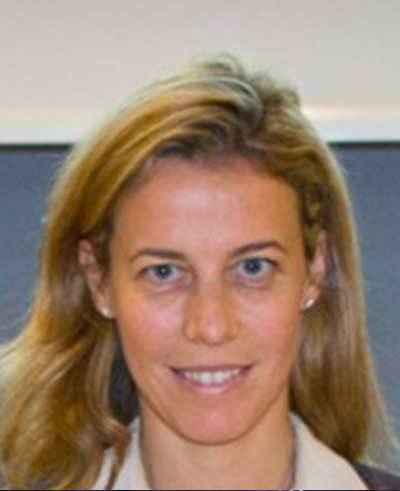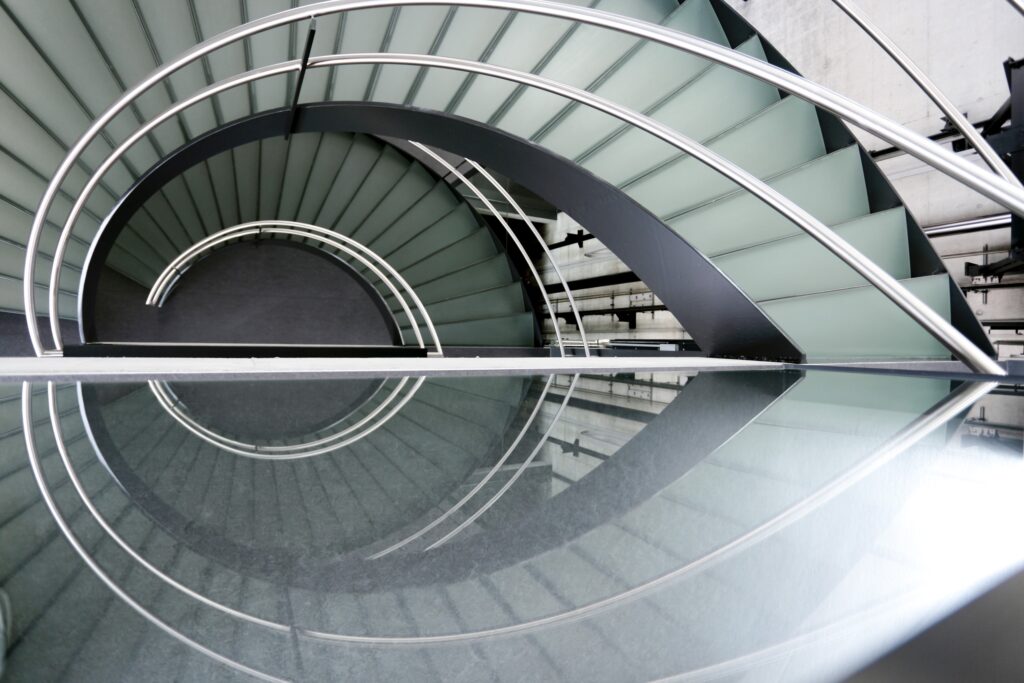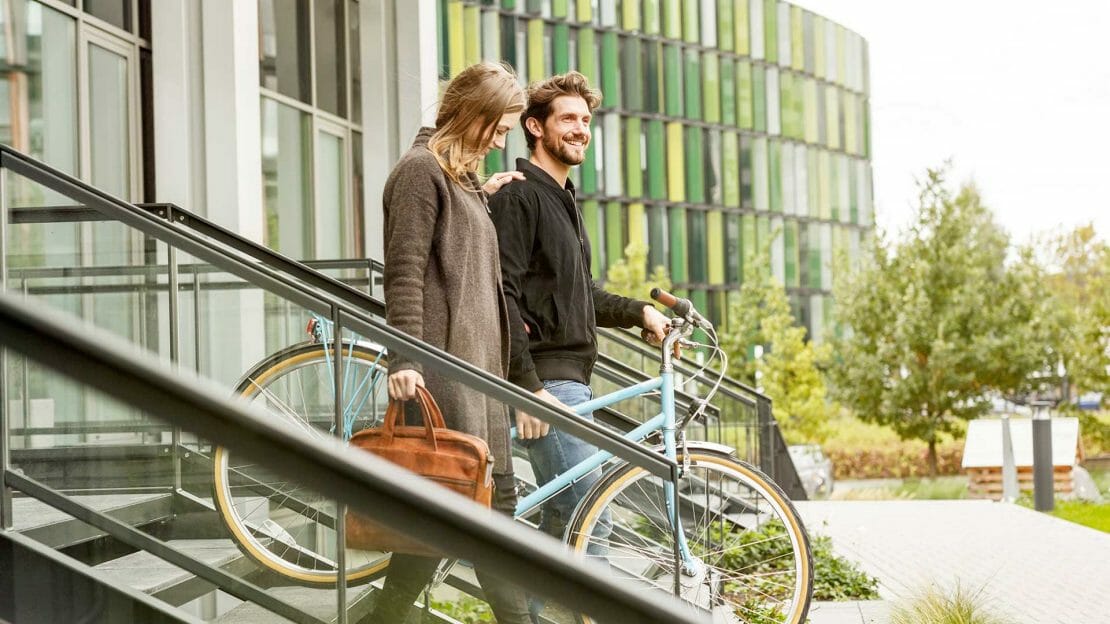
Circular Economy lending: building a new world through finance
Three people behind sustainability work at Intesa Sanpaolo explain the criteria used to decide who gets funding, why investors need educating on sustainability and why innovative thinking is more important than ever
Rhiannon Edwards
11/05/2020
PODCAST: Circular Economy lending: building a new world through finance
In 2018, Intesa Sanpaolo created a €5bn fund to support sustainable development through business loans for companies and projects supporting Circular Economy practices. So far, €1.2bn has been loaned to 95 such initiatives.
The idea was born of the Intesa Sanpaolo Innovation Center in Milan. Established as the bank’s corporate governance department, it is now a company in its own right – owned in full by Intesa Sanpaolo – and reflects the scale of the sustainable banking revolution by its very existence.
Guido De Vecchi, executive managing director, Intesa Sanpaolo Innovation Center, admits that the last month has been challenging, given that Covid-19 has precluded much global business activity. But generally, he says, companies are moving towards sustainable practices as a way of boosting competitiveness and securing a place in the market for the long term.
When a company or project makes an application for funding from the Circular Economy fund, the Innovation Center team evaluates it.
“If the team judges the project to be circular and the client commits to a set of Circular Economy KPIs, the company will be able to access credit under the best possible conditions,” says De Vecchi.
“It’s already pretty evident how the future will be shaped around our ability to co-operate at a private and public level in finding an innovative approach to the reconstruction of our economies and communities”
Guido De Vecchi, executive managing director, Intesa Sanpaolo Innovation Center
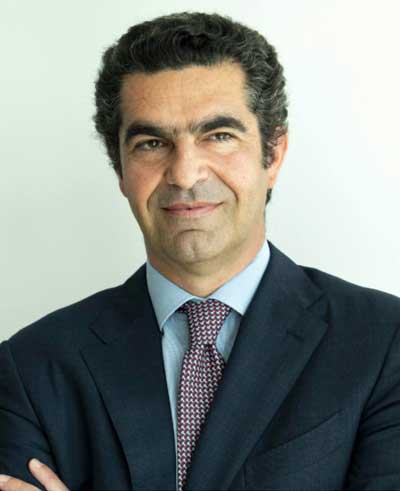
Intesa Sanpaolo developed its assessment criteria with the help of the Ellen MacArthur Foundation (the bank was the organisation’s first financial partner back in 2015). They include the product’s expected longevity; how the company is ensuring the product is made from renewable resources; efficiency of resource consumption; production of recyclable and compostable products; and the adoption of innovative technologies.
“We have evaluated more than 300 projects, many of which are truly innovative in their approach to the Circular Economy transition. Currently we finance 95 projects and we are looking forward to financing many more in the coming months,” says De Vecchi.
In 2019, the bank also successfully launched a €750m sustainability bond. Along with the lending fund, the bond places Intesa Sanpaolo in a position to become an impact bank – one that works towards addressing the United Nations’ Sustainable Development Goals. These goals are, in the UN’s words, “a shared blueprint for peace and prosperity for people and the planet, now and into the future”.
Before launching the bond, the team behind it took the idea on the road to talk to potential investors. “Through our roadshow we discovered that the concept of Circular Economy was still not widely understood among investors, but our successful transaction [of the bond] gave a boost to the process of acknowledgment,” says Alessandro Lolli, head of group treasury of finance at Intesa Sanpaolo.
In realising the project, Intesa Sanpaolo recognises the growing number of genuine investors who want to be involved in green activity that makes a difference, rather than simply paying lip service to the ideal. The bank wishes to educate those investors in how to make the best decisions and also to work with organisations such as the UN and Ellen MacArthur Foundation to bring about real change. Lolli describes how the roadshow helped investors understand the difference between efforts to create a Circular Economy and those aimed at “greening” the economy in general – “in effect, green 2.0,” he says.
“We are all on a learning curve. The issuers, investors and supervisors. But the speed of this learning curve is increasing”
Alessandro Lolli, head of group treasury of finance, Intesa Sanpaolo
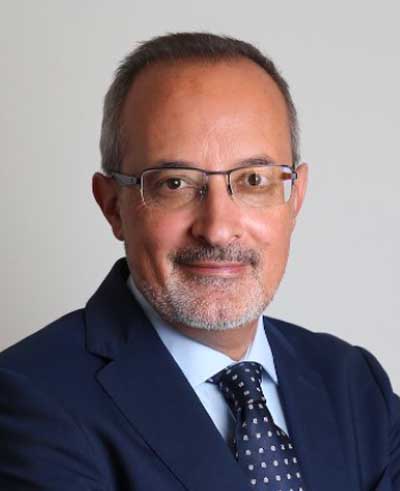
Elena Flor is head of corporate and social responsibility at Intesa Sanpaolo, whose team helped launch the sustainability bond. Her role now is to maintain its original purpose and encourage investment into companies making real change.
“The Circular Economy is part of the group’s broader commitment to sustainability… It is a key point for our stakeholders as well,” says Flor. “Intesa Sanpaolo has adhered to international initiatives such as the UN’s Sustainable Development Goals and Principles for Responsible Banking. To support the Circular Economy perfectly fits with these goals,” she adds.
Intesa Sanpaolo is reaching out in three ways: towards businesses that want to effect change; towards investors who want to finance that change; and towards institutions who set the principles that will build a better future. As Italy’s largest bank, this is no small task. “We are all on a learning curve,” says Lolli. “The issuers, investors and supervisors. But the speed of this learning curve is increasing,”
“After two or three days of the roadshow, investors were buying the bond… although we are not close to the target of everything being green and circular, but we are more and more evolved,” he adds.
Amid a health pandemic that some commentators claim is exacerbated by climate change, the need to find and finance new ways of doing things has never felt more pressing. “Talking about the future today, in the middle of the Covid-19 crisis, can be both overwhelming and stimulating,” adds De Vecchi.
“It’s already pretty evident how the future will be shaped around our ability to co-operate at a private and public level in finding an innovative approach to the reconstruction of our economies and communities.”
New figures on the loan fund’s progress were released after this podcast was recorded. The ones in this story have been updated.
“The Circular Economy is part of the group’s broader commitment to sustainability… It is a key point for our stakeholders as well”
Elena Flor, head of corporate and social responsibility, Intesa Sanpaolo
